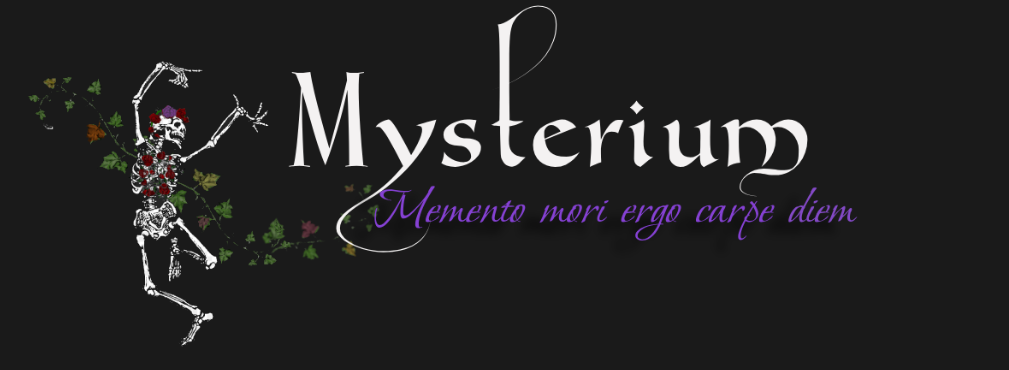
Behavioural and data scientist, author, speaker and consultant Pragya Agarwal writes for Aeon on the subject of speaking with children about death, and on children’s conception of mortality:
‘Maybe they go to the Moon. Do you think Naanaa has gone to the Moon?’
I am noncommittal even though I would like to believe that, yes, maybe my father has gone to the Moon, looking down at us, you know.
‘How did he get to the Moon? Did he go on a special rocket? Who drives this rocket?’
The other pitches in: ‘Maybe there is a pilot you know.’
I let them figure it out between themselves. It seems easier this way. I stay quiet hoping they’ll fall asleep. I lie there in the dark churning and tying all the loose ends across the generations, these twisted strands of DNA like the red mauli string on my wrist from the puja we did for my father in India on the 10th day of his death, the thread going around and around like the love we carry for each other, even when we don’t, even when it’s not spoken. I take a deep breath, wondering whether this is just a fantasy, or whether the key to my grief lies in this wishful magical thinking, this magical world they have conjured up. And, even as I believe that I’m helping my children understand the notion of death, knowing full well now how crucial it is to their healthy development, it dawns on me that perhaps their questions are helping me deal with my grief and loss even more, to talk through it in a way that’s often not possible with the other adults around me.
